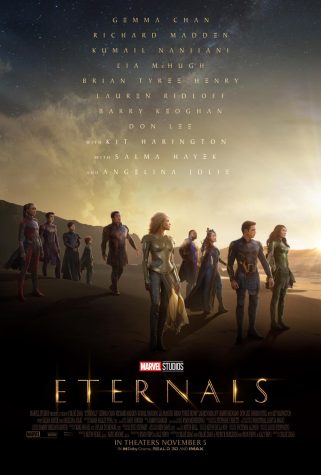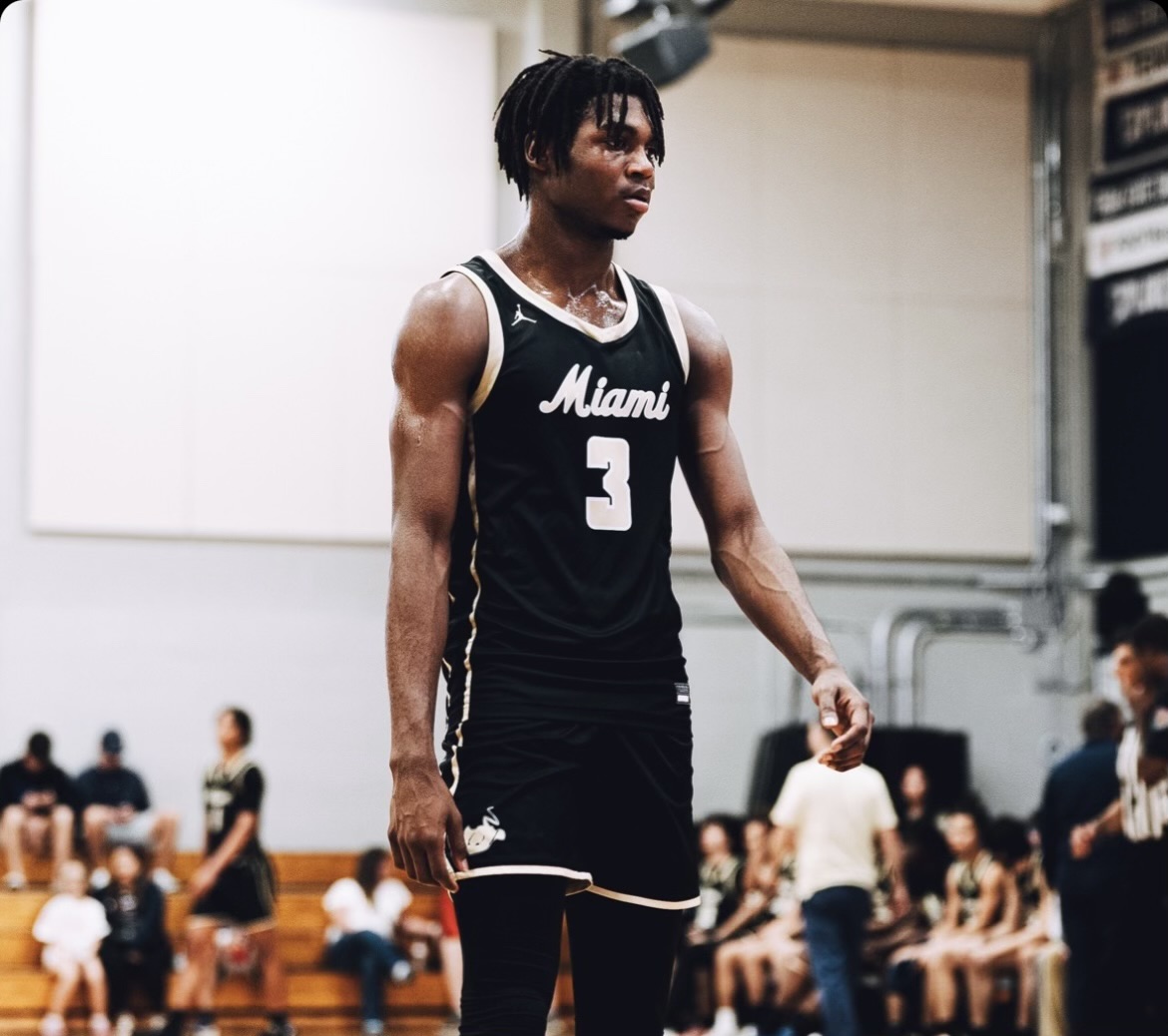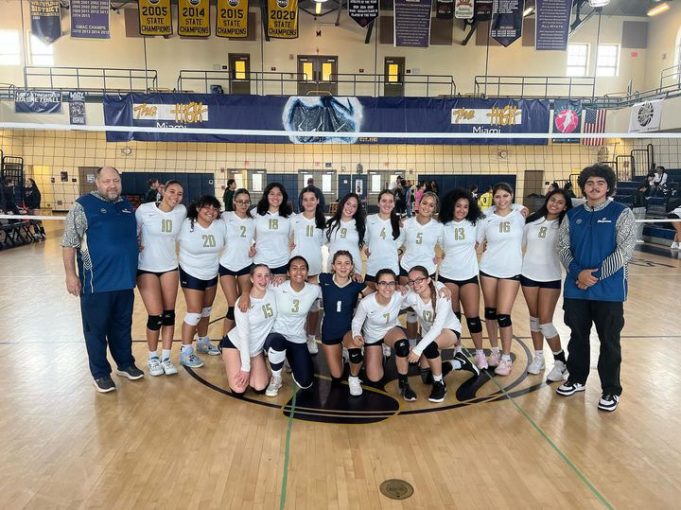The Values of Representation in Media
January 11, 2022

Diversity refers to the inclusion of people with unique backgrounds, gender identities, and sexual orientations. Even with “representation” onscreen, the media pushes out harmful stereotypes that can be offensive and not accurate portrayals of who people really are.
Mr. Phillips, the TV production teacher, said that diversity is very important because every person included is going to bring a different experience and perspective which makes the story and characters more interesting. Media hardly explores unique characters with different backgrounds.
Why Diversity Matters
The world is not only what the media pushes out, which is most commonly straight white people. In fact, including unique people with different upbringings allows viewers to feel more comfortable in their skin.
Junior Diana Scott believes that diversity is essential because the world is a mix of people and that should be translated onto the screen.
An anonymous senior that identifies as non-binary believes that more diversity would have helped them feel more normal and accepted in society.
Awareness
Increasing diversity can also result in more inclusiveness of people with disabilities. Just because a character lacks the ability to hear, see, walk, etc. doesn’t mean they are incapable of having a meaningful story.
In fact, Marvel Studios Eternals is a great example of this. For the first time on screen, there is a deaf superhero, Makkari, played by none other than Lauren Ridloff, a deaf actress.
Since the release of Eternals on November 5, 2021, the article “New Marvel Report Reveals Eternals Major Impact on Sign language” published by thedirect.com reports that there has been an increase by 250% in people who are learning sign language because of the film.
Also, in the Marvel Studios Hawkeye series Clint Barton is hard of hearing just like his comic book counterpart. There is also the introduction of Maya Lopez, also known as “Echo”, who is another deaf superhero played by Alaqua Cox.
Stereotypes
Mr. Phillips believes that films and television use harmful stereotypes all the time. He mentions that in the early days of film, people with unique cultures or races were portrayed poorly. Although it has gotten better, he says, “It is not where it is supposed to be yet.”
Writers need to be just as diverse as the cast. Everyone has a different experience, therefore, a different story to tell. Writing should be inclusive of all people and experiences. Accuracy trumps harmful stereotypes.
Sometimes in films and on television, the writers place their characters in a position where they just enforce stereotypes that are harmful. An anonymous junior that identifies as non-binary believes that non-binary characters tend to be too masculine or too feminine which is not how non-binary people are. But there are other instances where the characters are great examples of representation for non-binary people such as Cal Bowman from Sex Education, who has experienced many things non-binary people might face such as body dysmorphia.
Character Representation
Percy Natcher, who is non-binary, relates to Percy Jackson from the book series and actually got their preferred name from Percy Jackson.
Jamie Navarro also identifies as non-binary and sees themselves as Double Trouble from She-Ra and the Princess of Power. Double Trouble is a shapeshifter and Jamie sees themselves in them because Jamie, just like Double Trouble, can be who they want whenever they want.
Djahnay Jones sees herself in Tatiana from Princess and the Frog. Tatiana is a hardworking black woman who is empowering. Djahnay sees her as an inspiration, especially as the first black princess in a Disney Film.
Diana Scott sees herself in Katherine Johnson from Hidden Figures. Katherine is a black woman who worked in a predominantly male workplace and excelled despite being discriminated against. She is an inspiration to Diana.
Actress Speaks Out Against The Lack of Diversity
https://www.youtube.com/watch?v=BisDPHiqHkU
The video above centers around Greys Anatomy actress Ellen Pompeo calling out the lack of diversity in media. She mentions that when she walks into work, she expects the room to be full of people from all around the world. As a white person, Pompeo believes that she has the ability and privilege to call out this issue and help it improve.





Emilsen • Jan 19, 2022 at 11:08 am
PURRRR. Perfect wording, i love the character representation section.
pickle • Jan 11, 2022 at 7:54 pm
Love how you also interviewed a diverse group of people with different backgrounds, super insightful article :D
Tatiana J • Jan 11, 2022 at 3:00 pm
So interesting!
Rachel Nacarino • Jan 11, 2022 at 2:47 pm
Amazing!
Kristine Upegui • Jan 11, 2022 at 2:19 pm
Loved it!